What are the different types of Acne & How they can be treated?
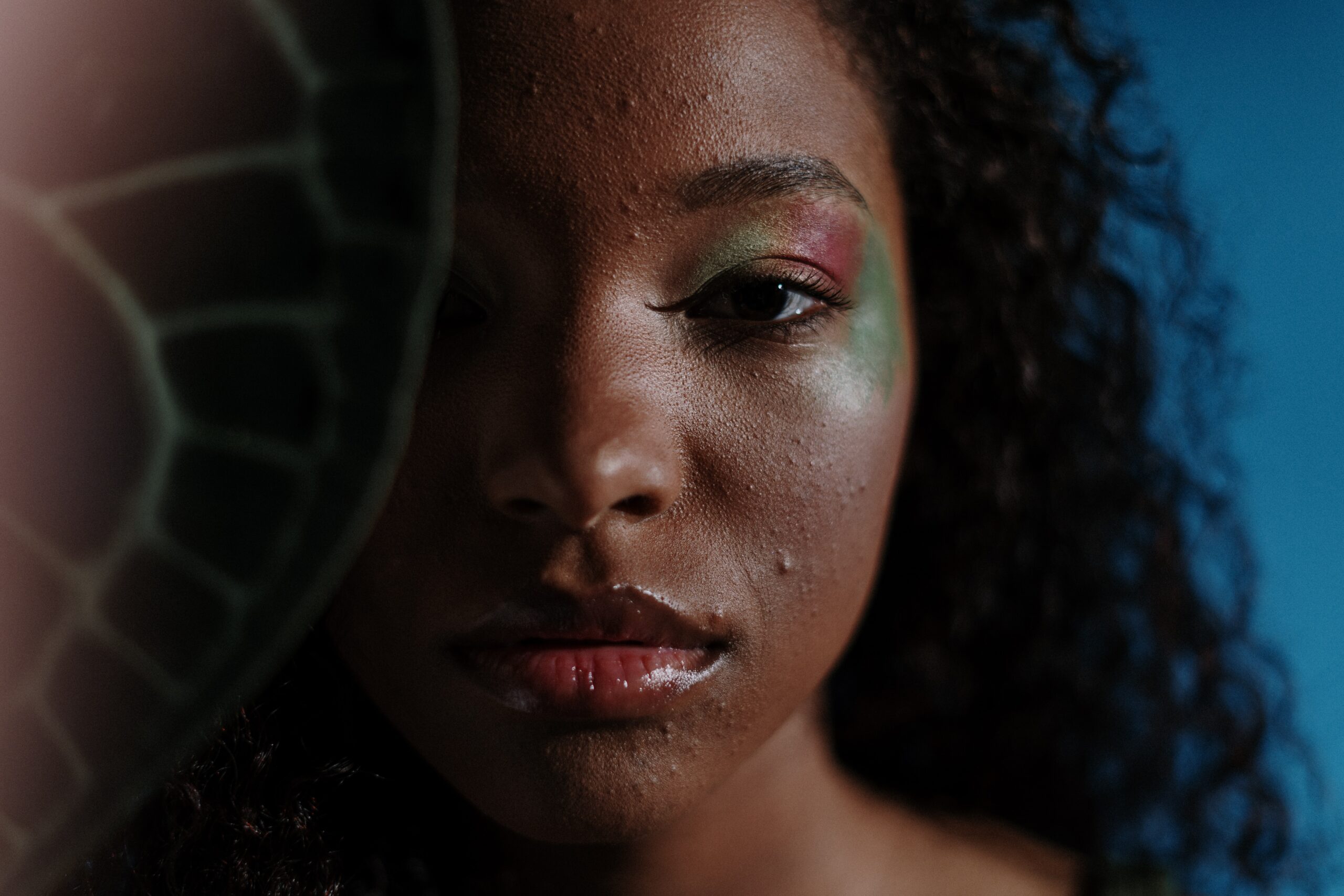
Acne is a skin condition that predominantly causes pimples on the face, forehead, breasts, shoulders, and upper back. There are a number of acne types to be aware of. Acne is not a one-size-fits-all diagnosis. It’s a multifactorial disease, meaning that its cause can be by many factors.
Many Americans suffer from acne, which is one of the most widespread skin disorders in both children and adults.
Table of contents
What Causes Acne?
Acne usually happens due to hormonal changes during puberty, but adults can also experience acne.
Acne can have many causes, depending on your age and genetics. It can also happen due to stress, high humidity, or using oils or greasier products. Acne usually first occurs in teens but people at any age are prone to it.
What are the Types of Acne?
Acne is either non-inflammatory or inflammatory. It’s important to identify whether you experience the former or the latter type to choose the ideal treatment.
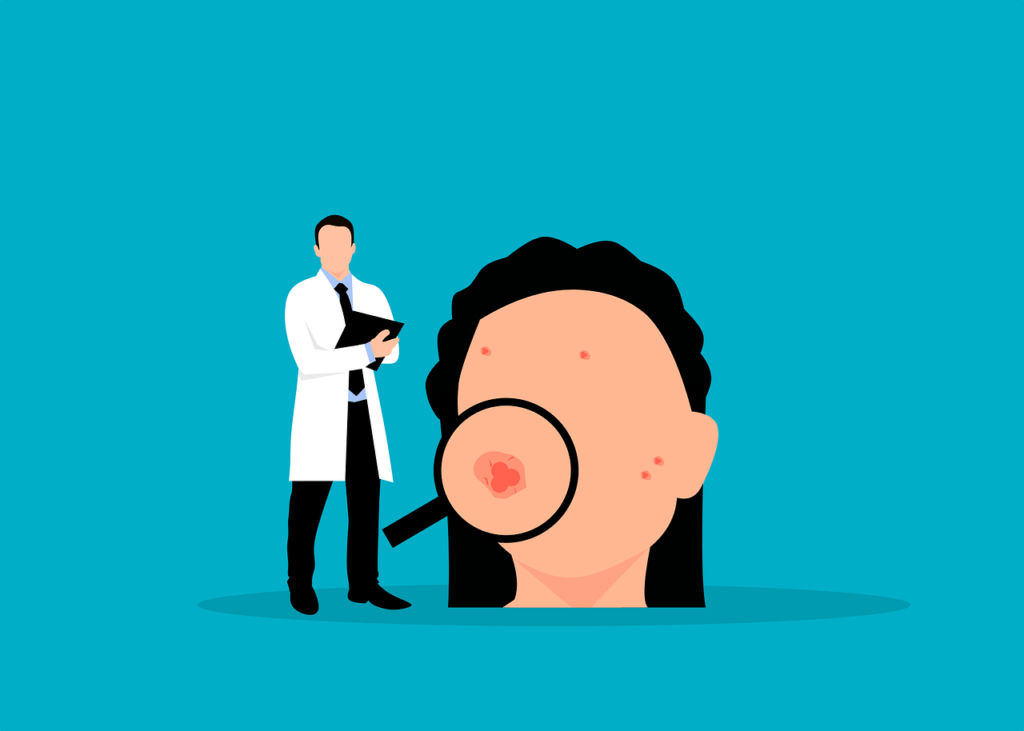
Inflammatory acne
Inflammatory acne is deep in the skin and contains pus. They’re inflamed and tend to be sore or uncomfortable. Benzoyl peroxide helps with various skin conditions and can fight bacteria and excess sebum.
Noninflammatory acne
Noninflammatory acne refers to blackheads and whiteheads. These types of acne usually cause no swelling and respond relatively well to over-the-counter treatments.
Salicylic acid is often marketed for general acne, but usually, it’s best for noninflammatory acne. It naturally exfoliates the skin, which removes dead skin cells that can lead to blackheads or whiteheads. You can find this ingredient in cleansers, toners, and moisturizers.
Types of Noninflammatory acne
Blackheads
Blackheads are also called open comedones. They often appear on your skin as dark spots. Blackheads don’t mean you’re not clean. they are just natural oils and skin cells that have been getting an exposure to air.
Blackheads happen when the pore clogs with skin cells and sebum. In some cases, the top part of the pore may stay open, even though it’s inside-which is what causes these black marks.
Whiteheads
Whiteheads are a type of comedo that forms when dead skin cells and sebum become clogged inside pores. Unlike blackheads, the top remains sealed, appearing as a small bump coming from the skin.
Whiteheads are often more challenging to treat because they’ve already closed themselves off from the environment. Trying including ingredients like witch hazel in your acne-free skincare routine. Products containing salicylic acid can also be helpful.
Types of Inflammatory acne
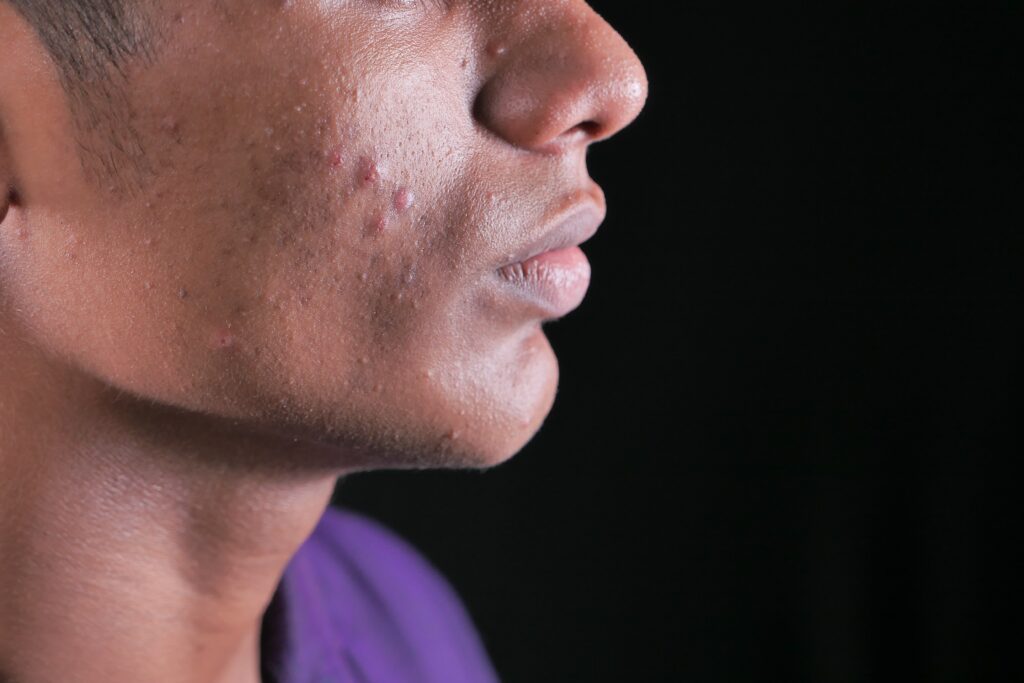
Papules
Papules are enlarged, inflamed pores caused by the breakdown of skin tissue around them. They may be tender to the touch and appear as red spots in a pinkish area.
Like other acne blems, papules appear from clogged pores. Constantly applied pressure on the skin could cause the walls of your pores to rupture. In this case, there will be a formation of cyst or boil and can take weeks for it to heal completely.
For effectively getting rid of papules & pustules and preventing their recurrence, calming inflammation is very important. Try using botanicals such as cucumber, rosewater, and camellia.
Pustules
Pustules are a type of acne that usually occurs when the pores in our skin deteriorate. Unlike other types, pustules are full of pus and can come out from the skin. They often have a white or yellow cap on top and are red.
Pustules can form anywhere – with some of the most common locations being your face, chest, and back. The best way to prevent them is to maintain a good balance of sebum production in your skin.
Nodules
Pores can get clogged and swell, leading to nodules. They are deeper than regular pustules and papules.
The good news is that nodules are fairly deep within the skin, so you shouldn’t have any complications treating them with medication. Prescription medication will help clear up acne nodules and can appear on their own or in sore patches across your skin.
Acne can be caused by many different factors but prevention is key. Establishing a rigorous skincare routine from the start will help you avoid future breakouts and keep your acne at bay. Your doctor or dermatologist will likely recommend the oral medication isotretinoin (Sotret). Acne medications come in many different forms and can be taken daily for as little as 4-6 months. They generally target the ß-oils in the pores which contribute to a decrease in oil gland size.
Types of acne: Cysts
Cysts are type of acne occur deep beneath your skin and are much more touchy/squishy than nodules. It’s easy to get itchy fingers when you find a cyst, so be careful!
Cysts are the most severe form of acne. They are often accompanied by pain and can be difficult to get rid of. Note that cystic acne is not contagious and sometimes it may leave scars behind if it’s not treated quickly enough.
An alternative to surgery is a medication called isotretinoin, also known as Sotret. If the cyst is severe enough your dermatologist may opt to surgically remove it.
How to treat different types of acne
Acne treatments can take up to 6 months before seeing visible improvement. It’s important to be patient and give the treatment time to work for you. You should use caution when using too many acne products. This can dry out your skin, which in turn can make your pores produce more sebum and lead to more acne issues.
Takeaway
With many types of acne, you could struggle to keep your self-esteem intact. You will want to make sure this skin condition is not behind any swelling or bumps on your face, but there are many risk factors for acne that you should know about.
Several skin conditions cause symptoms remarkably similar to those related to acne, though they are something entirely different. These include folliculitis, keratosis pilaris, milia, rosacea, and sebaceous filament. It’s best to seek help from your healthcare provider early so they can help determine the type of acne you have and its best treatments.
Products That We Suggest for you
Lucent Skin Acnezine-A Revolutionary Acne Skin Care System
Our cutting-edge acne-targeting technology works on two levels. The first step is to get rid of any existing acne on the skin’s surface. The second is to aid in the prevention of future breakouts so you can enjoy your life without worrying about acne!
To know more and purchase, Click Here
Nonacne-For Skin Acne
Nonacne is a product that contains an anti-acne composition that works. Even after the first month of use, it produces satisfactory results. Both men and women can use this product.
To know more and purchase, Click Here
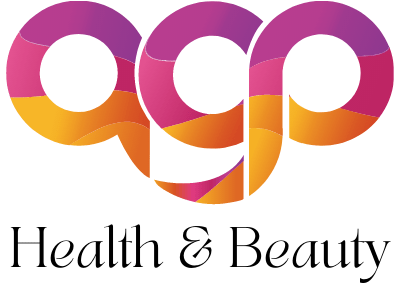

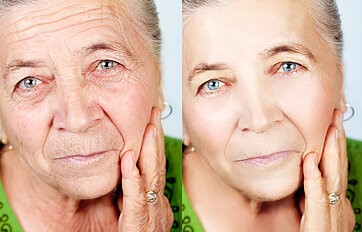
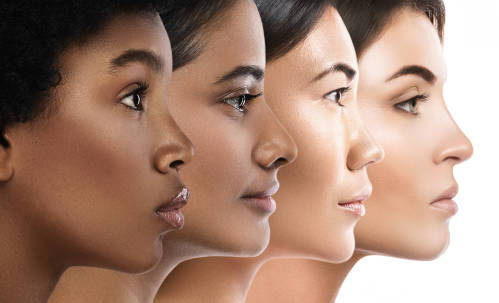
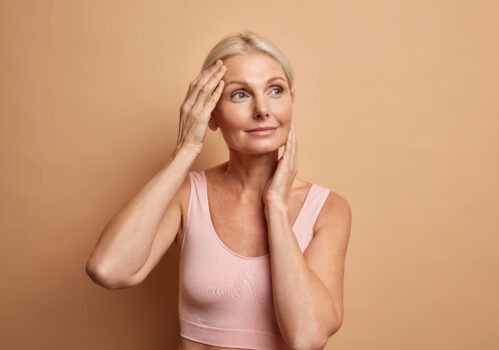

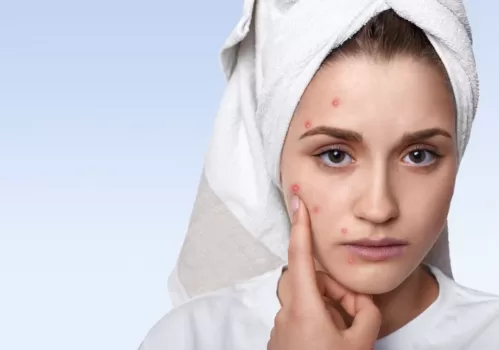
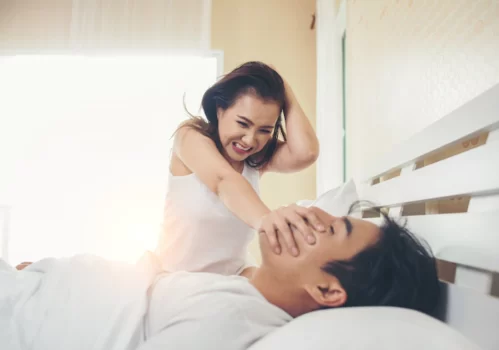
Comment to this Article
Comments that encourage respectful conversation are welcomed at AGP Health n Beauty. Stay on subject, please. Comments that are aggressively promotional of goods or services or that include personal attacks, vulgar language, or other forms of abuse will be deleted. Which remarks break our comment policy will be decided at our discretion. (Anonymous comments are accepted; just leave out your name in the comment box. Although necessary, your email address won't be posted with your comment.)